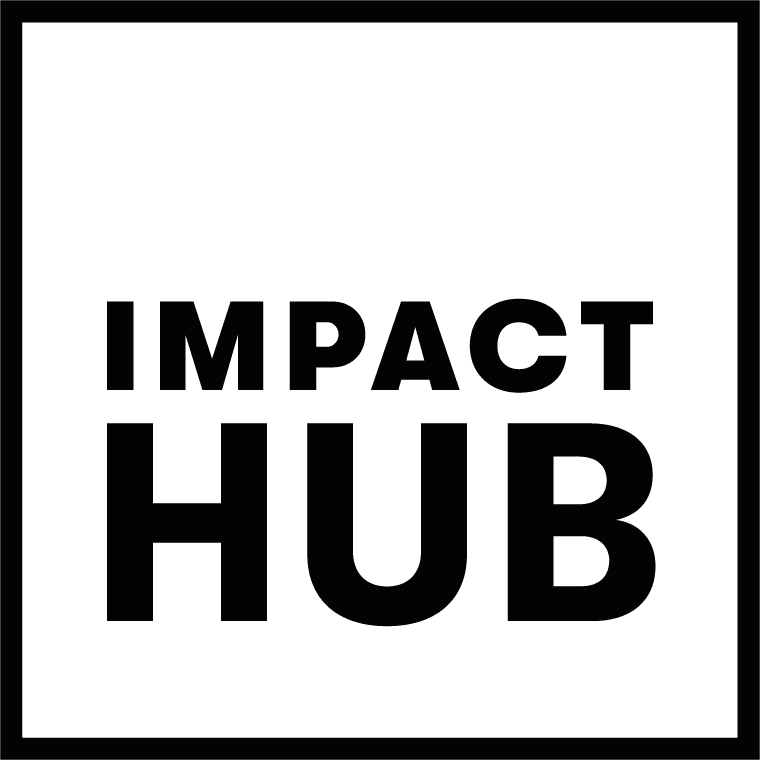Did you know that the total amount of food waste in Switzerland equals 800 kg per person per year? We are ranked second when it comes to waste in general. Shocking? Yes, it’s time to stand up! And that’s exactly what happened during the Food Save Challenge, an Impact Hub Geneva and Lausanne program that supports promising early stage start-ups that tackle food waste.
On March 28th, during the pitch night, the finalists presented their final outcomes and a winner was chosen. We spoke with Erica Mazerolle, who is responsible for coordinating the program, about the final ideas, winner and more.


Copyright Foodwaste.ch
Erica: “Food waste is a sustainability issue that is very relevant to a place like Switzerland, especially when you look at the figures. Last September when we launched the program, we started with an awareness campaign through social media by sharing facts about food waste.
Through a collaboration with Lausanne business school, we carried out a research about the local situation and produced a food save flow map to illustrate the food waste landscape of Lausanne. It was surprising to see that most of the food waste happens in the beginning and the end of the food chain, directly at the source where the food is produced (mainly caused by supermarket standards when it comes to esthetics) or at the end of the chain, on the consumer side.|”
The start
Erica: ”After launching our campaign, by the end of last year, people could apply for the program. We received around twenty projects and after a pre-selection eight finalists presented their ideas during the first jury night in late November. It was so inspiring to see the variety of different ideas because they all represented the diversity on options of how to tackle this problem.”
How it evolved


Final pitching night
Erica: “I think it was a stressful evening for the start-ups, it was a full house and a lot was at stake since the winner could receive CHF 10 000 in seed funding and CHF 12 000 in living stipend over 6 months. Ideas about food delivery, food stock measurement, a food platform, all of them were inspiring, but there was one who convinced the jury the most.”
A Swiss based star

“You can have solutions and innovations through programs but we should also change the way we think about food.”
The overall thought
“We are very happy with the final outcomes and pleasantly surprised by the amount of people who helped to support and collaborate during the program. I did learn that tackling food waste requires an entire transformation in the way we consume food. You can have solutions and innovations through programs but we should also change the way we think about food. This is going to be an important task for food retailers, the government and the education system as a whole.”


Want to do help as well? Attend of the upcoming Open Lab food workshops: Mindful Eating and Food Fermentation.
Interested in more programs? Keep following the Impact Hub website! A second program edition will be planned for next year. This time with a completely new subject: the Circular Economy Challenge.


